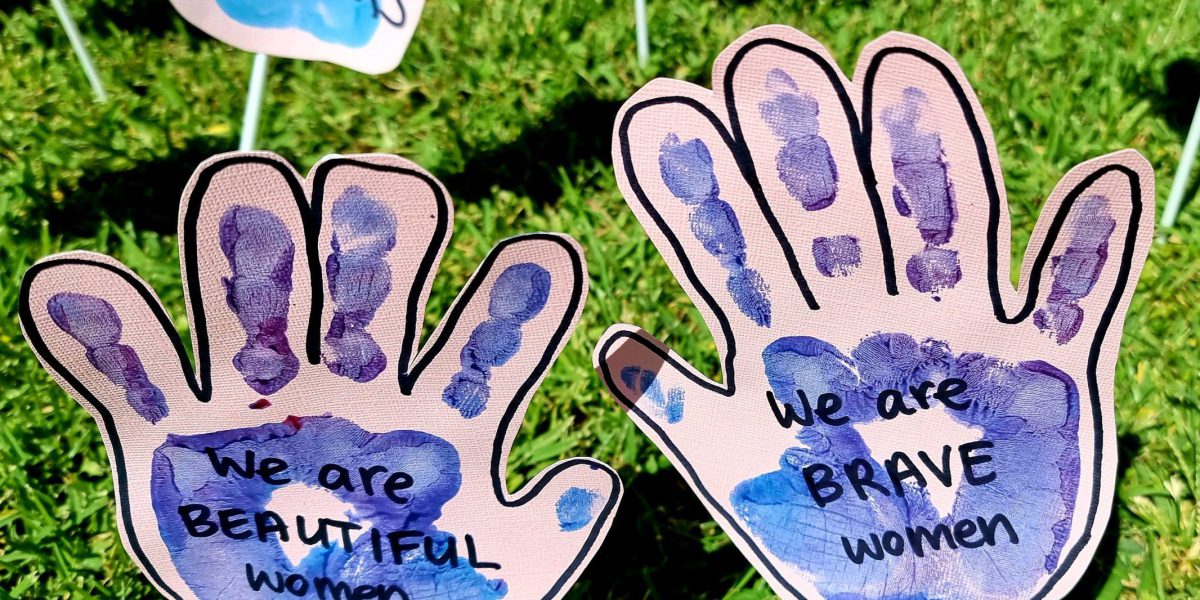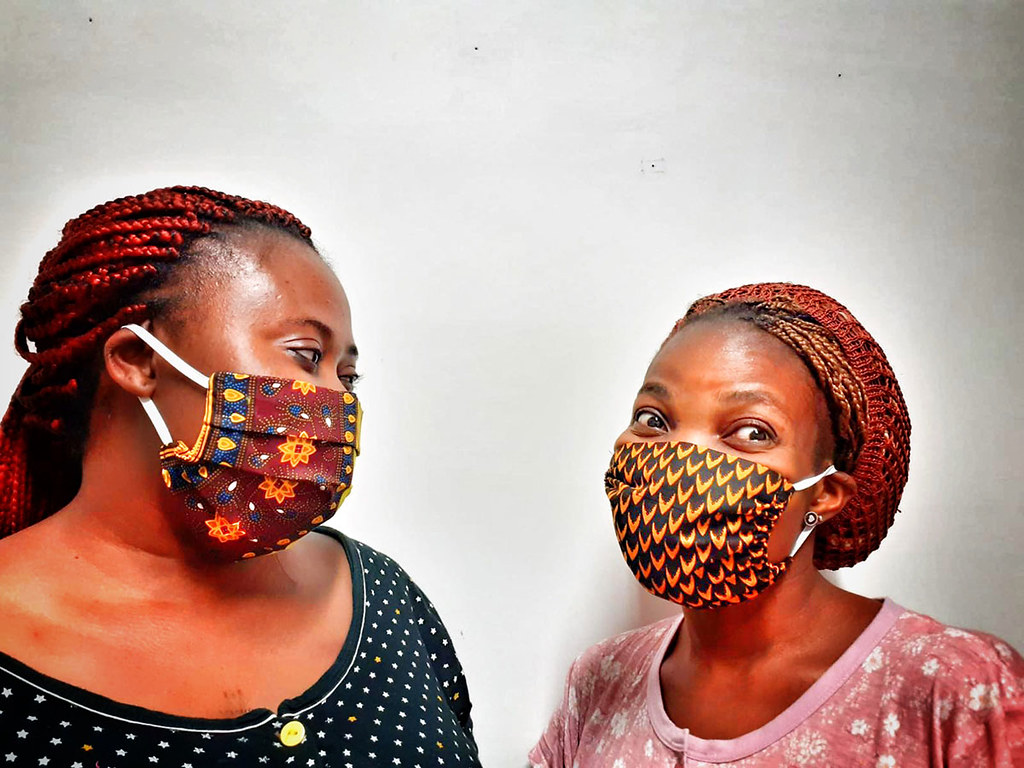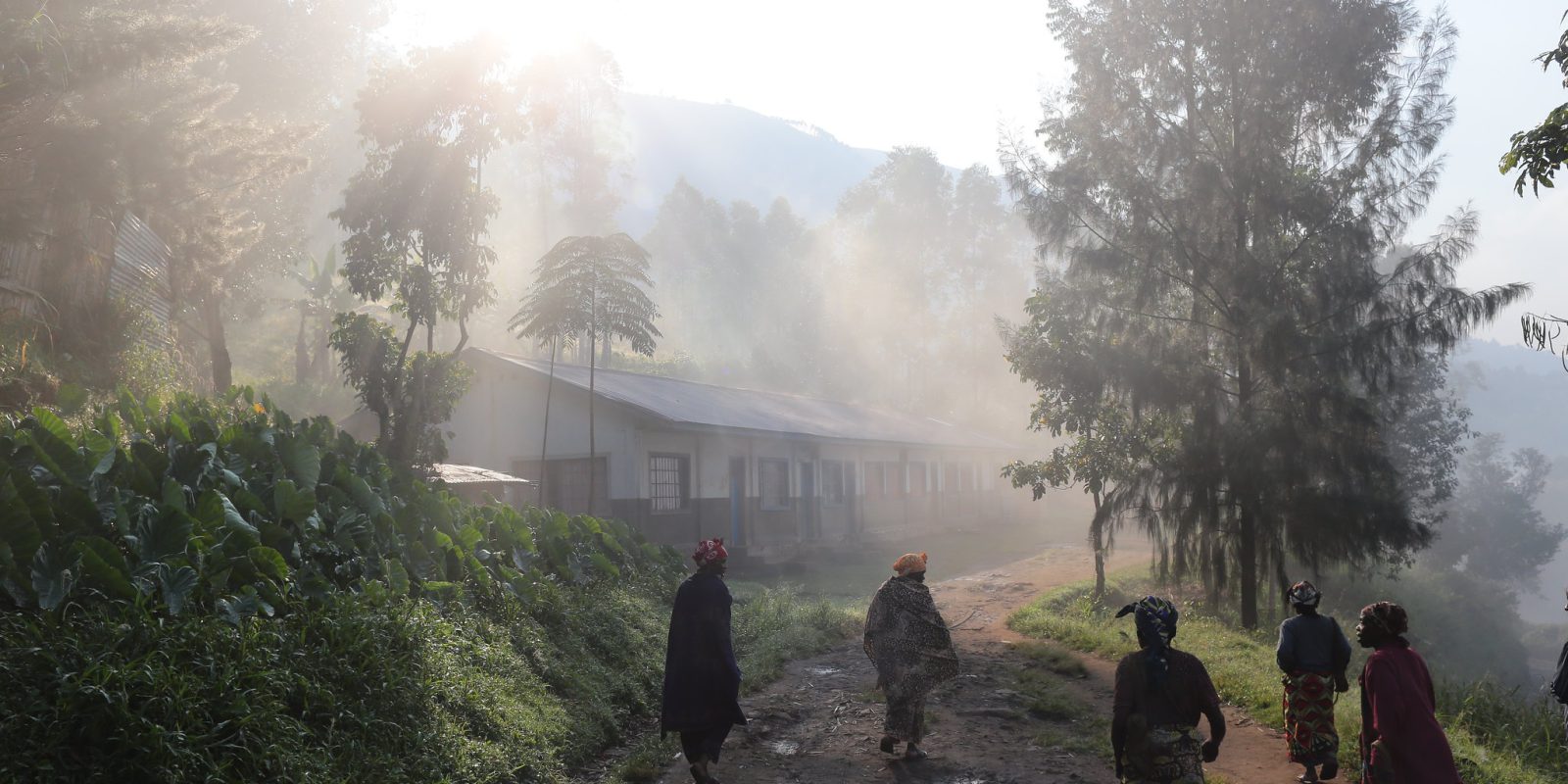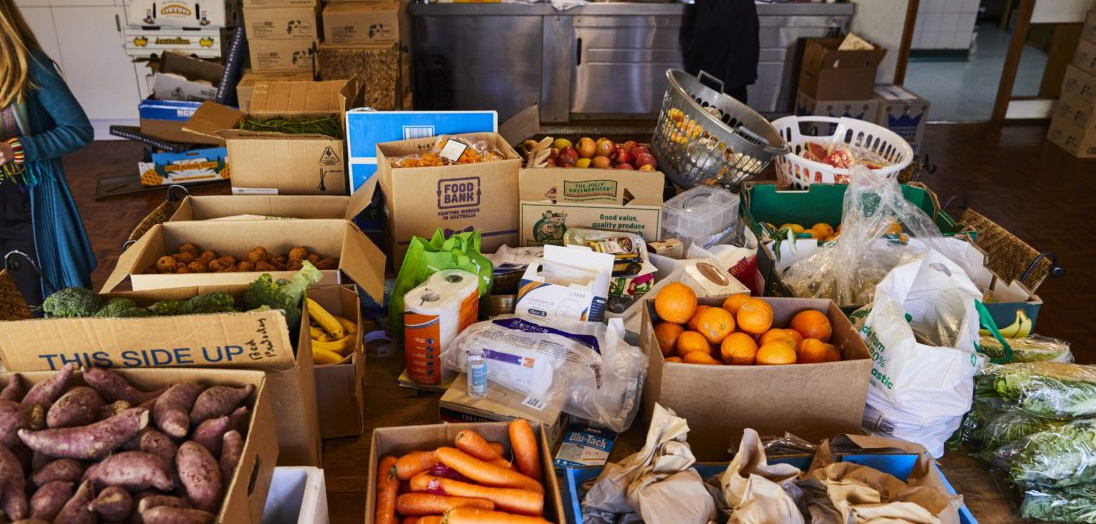Policy Note: National Plan to End Violence Against Women and Children
21 October 2022

Jesuit Refugee Service (JRS) Australia welcomes the release of the National Plan to End Violence Against Women and Children and believes that although it is a vast improvement over earlier drafts, it still requires clear timeframes, measurable outcomes and adequate funding reach its goal of ending violence against women and children in one generation.
The National Plan, released this week, is the overarching national policy framework endorsed by all states and territories that will guide actions towards ending violence against women and children over the next 10 years (2022-32).
Intersecting barriers: women on temporary visas
Among the improvements in the National Plan is an acknowledgement of the difficulties women on bridging and temporary visas face. These women were barely mentioned in the earlier draft, but in this final document, the experiences and intersectional barriers faced by women on temporary visas are acknowledged, including the statement that:
Migrant women, including those on temporary visas, also face structural barriers other women do not, such as the impact ending a relationship has on their visa status and eligibility for social security. Granting migrant women access to support services, regardless of their visa status, will help ensure they are not left out.
The plan goes further by adding specific recommendations focused on women on temporary visas, including targeted primary prevention programs, sector capacity building to better understand the specific issues faced by women on temporary visas, and the need for trauma-informed and culturally safe support services.
“The National Plan highlights issues that the JRS Finding Safety Project has been working to address for many years. Services need to be well-informed and well-funded to address the complexity of the specific barriers faced by women on temporary visas experiencing violence and visa status should never be a barrier for a woman needing to access support,” said Maeve Brown, JRS Australia Assistant Country Director.
The JRS Finding Safety Project provides a range of support services, which include self-empowerment and capacity building, leadership opportunities, specialist casework, information and referrals, material and financial aid, and psychosocial support. The project uses participatory leadership principles, where stakeholders with lived experience form the advisory committee of the project and guide project implementation.
The need for adequate resourcing, clear timelines and measurable outcomes
In recent years, JRS has also seen an increased pattern of homelessness and a lack of available and/or accessible refuge options for women on temporary visas fleeing violence. This places significant pressure on women because many do not have work rights or secure employment that would enable them to support themselves and their children. As a result, many are forced to remain with the perpetrator.
The rising cost of living has only added to the barriers faced by women on temporary visas, highlighting the importance of adequately resourcing frontline services to support women and children fleeing violence.
The National Plan’s ability to achieve its goal will therefore require adequate resources as well as clear timelines and measurable outcomes that could guide the activities of all the actors on the local, state and federal level.
Social inequality as a driver of violence against women and children
The National Plan highlights gender inequality and other forms of discrimination as key factors in creating the social context for violence against women and children to occur. This acknowledgment is not just essential to the success of the National Plan but also in line with the Social Justice Statement of the Australian Catholic Bishops Conference. The statement, titled Respect: Confronting Violence and Abuse (2022), notes that “relationships should be marked by equality and reciprocity rather than domination and violence respect and freedom rather than coercion and control.”
The work continues
“Throughout our work, we continue to see that women seeking asylum, refugees and those on temporary visas are some of the most resilient people within our community. They have faced unimaginable fear, violence and systemic discrimination and yet still possess an unrelenting drive and determination to provide their loved ones with safety, security and the ability to thrive in a new home,” said Finding Safety Project Coordinator Shatha Jajo.
Through the Finding Safety Project, JRS will continue to work with all stakeholders to ensure that the drivers of violence are addressed, while also continuing to support victim-survivors. However, it is also essential that this specialised work be recognised and resourced as part of the National Plan to end violence against all women and children, regardless of their visa status.



